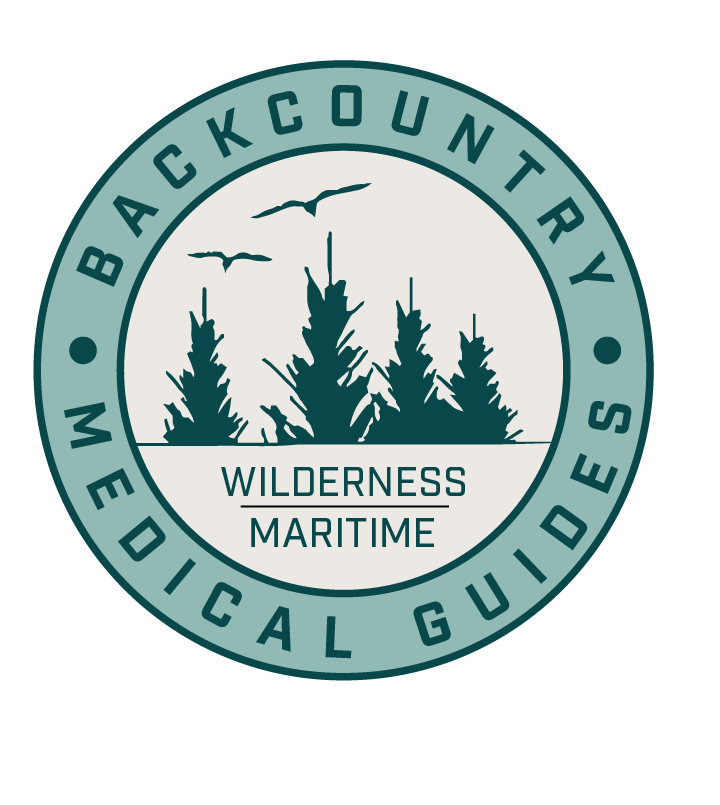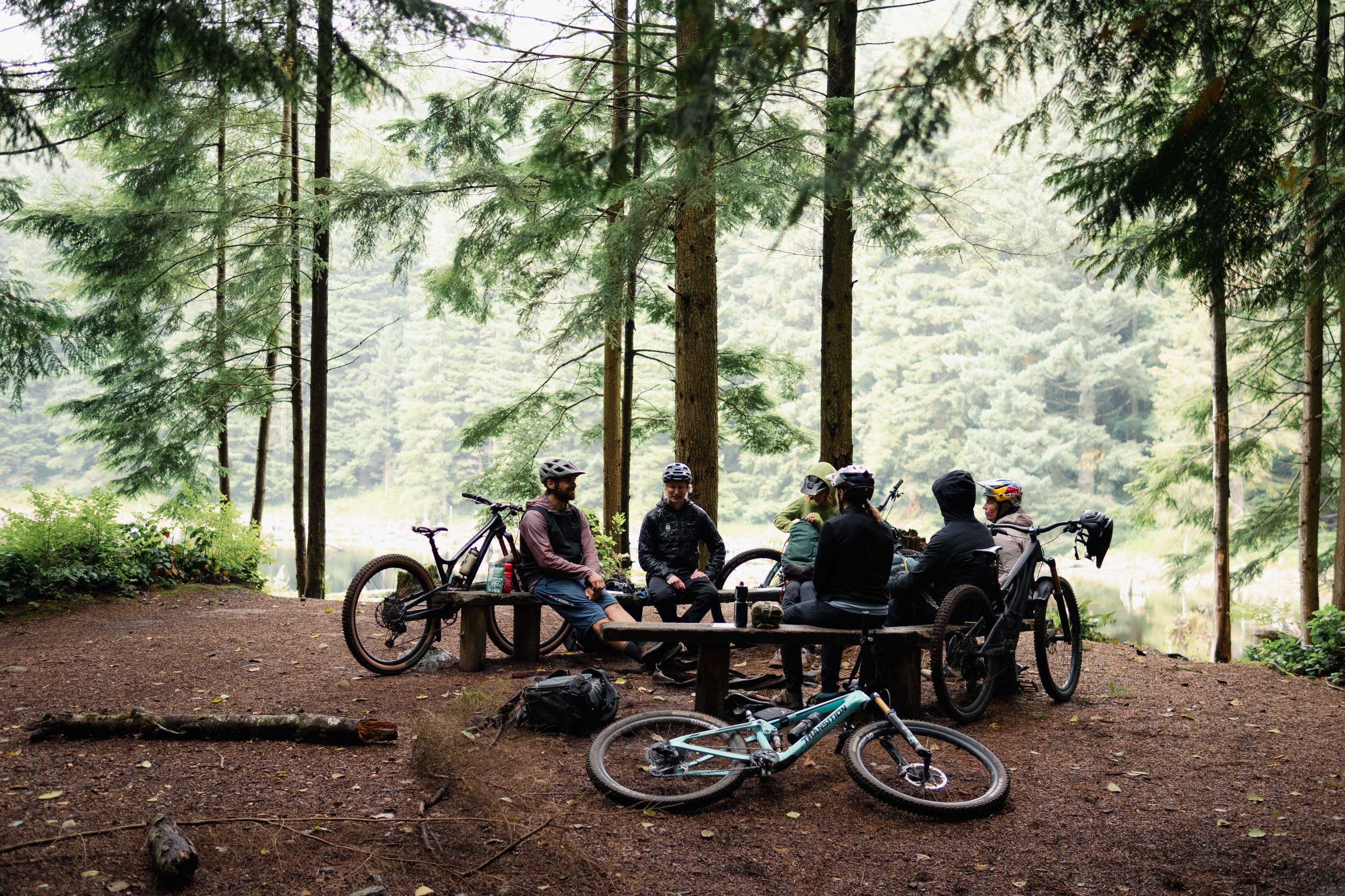The Inaugural Mountain Bike WFR Program
The Wilderness First Responder certification has long been the industry standard for guides, instructors, and outdoor professionals in every discipline. But the environmental and situational factors of each sport inevitably leads to nuances in the types of injuries and accidents that occur more frequently. While the ultimate goal of a WFR is to enable people to respond to emergencies no matter the circumstances, learning these skills in a framework tailored to a specific activity can make it all the more thorough.
This was the concept behind our very first mountain-bike specific WFR in Bellingham, WA in late September. After a few years of hosting mountain bike Wilderness First Aid programs, we wanted to take the experience to the next level. And just as we’d hoped, we had a crew of avid riders and mountain bike professionals who were eager to learn wilderness medicine in their favorite, loamy environments.
“I came to the class just wanting to know more for myself and my friends, being out in the wilderness and riding all the time,” says Jill Kintner, the five-time Queen of Crankworx and World Cup standout. “Getting into guiding, and just being responsible and having these tools to combat anything out in the wild, it’s been really eye opening and educational. We’ve been going through all kinds of scenarios and learning hands-on out in nature, which is great.”
Although Bellingham is known for its renowned riding, this program puts the learning experience at the forefront of the week. Each day isn’t about riding trails, but rather learning in the woods, practicing hands-on scenarios, and ingraining the patient assessment system into memory through repetition. Topics like risk management come to light daily through recognizing everyone’s different skill levels, our knowledge—or lack thereof—of the trail ahead, the group dynamic, and our risk acceptance (which we kept ultra-low).
With days on Gailbraith, Blanchard Mountain, and the Chuckanuts, the climbing trails kept us warm and the visitas never failed to provide. We got a little bit of rain, some surprise sunshine, and a whole lot of fresh air and leg-burning ascents. Of course, we checked off a couple classic trails, too. Learning wilderness medicine skills while kneeling in the dirt or being caught off-guard by a surprise scenario (of which there were many) makes for a much more invigorating and memorable experience.
“Seeing students' progression throughout five days of learning, from assessing basic life threats on day one, to planning complex remote evacuations on day five, while riding trails throughout Bellingham, was really fun to watch,” says Elias Jordan, the lead instructor for the program. “Even though people in the class had a variety of riding skill sets, everyone was on the same level learning new wilderness skills, which provided a great way to connect with each other.”
We are excited to be offering a full calendar of mountain bike WFA programs in Santa Cruz, CA and Bellingham, WA next year, as well as spring and summer WFR programs in Bellingham. If you’re intrigued by learning wilderness medicine and life-saving skills in a mountain bike-specific environment, this program is for you. Please don’t hesitate to reach out if you have any questions about the course.



